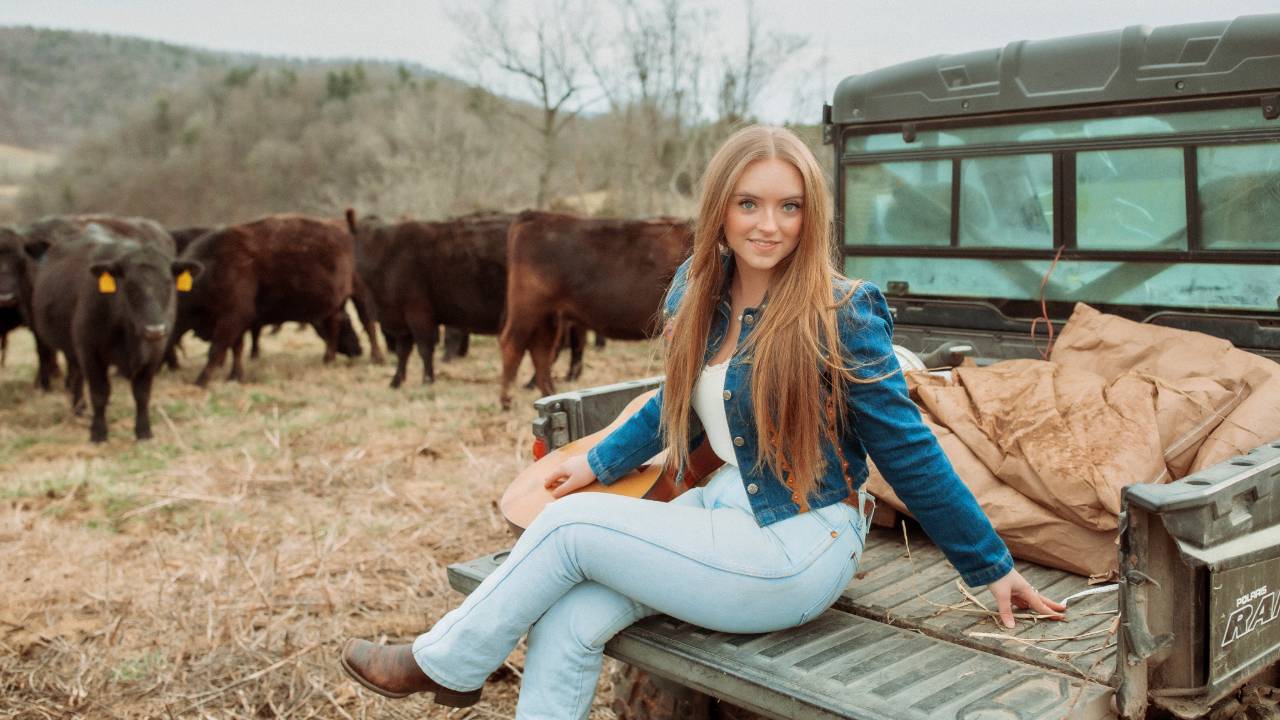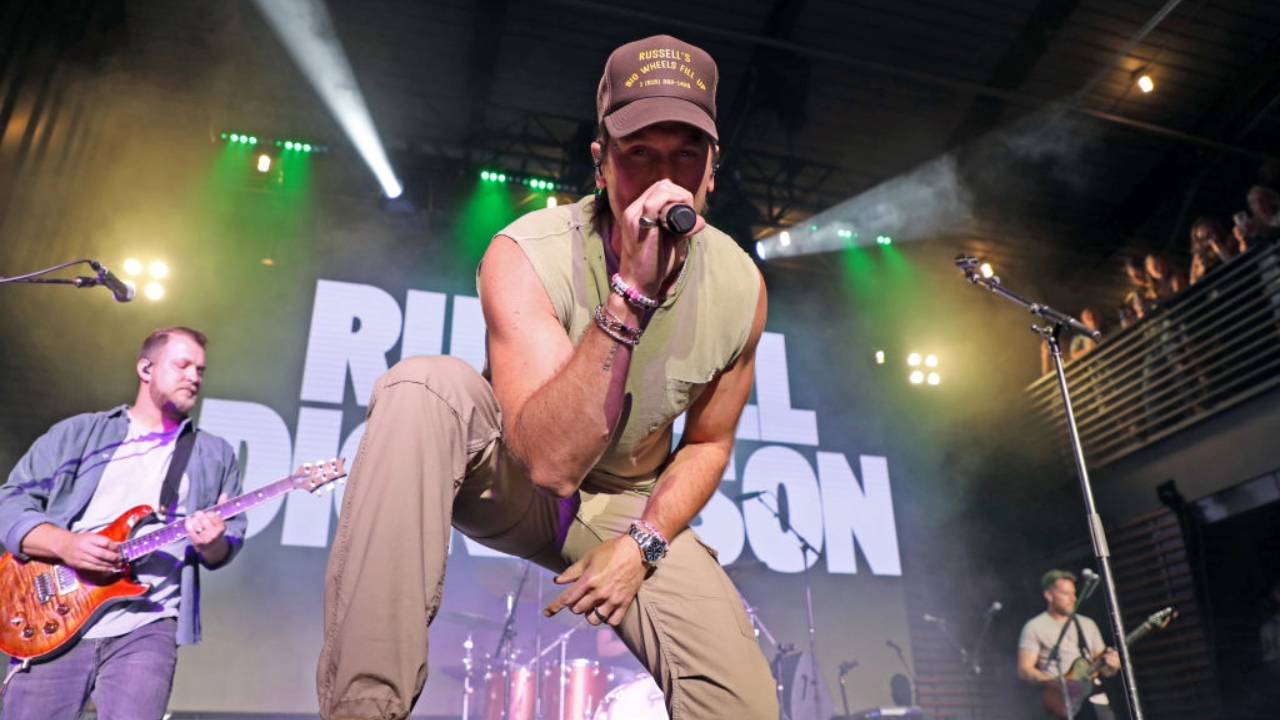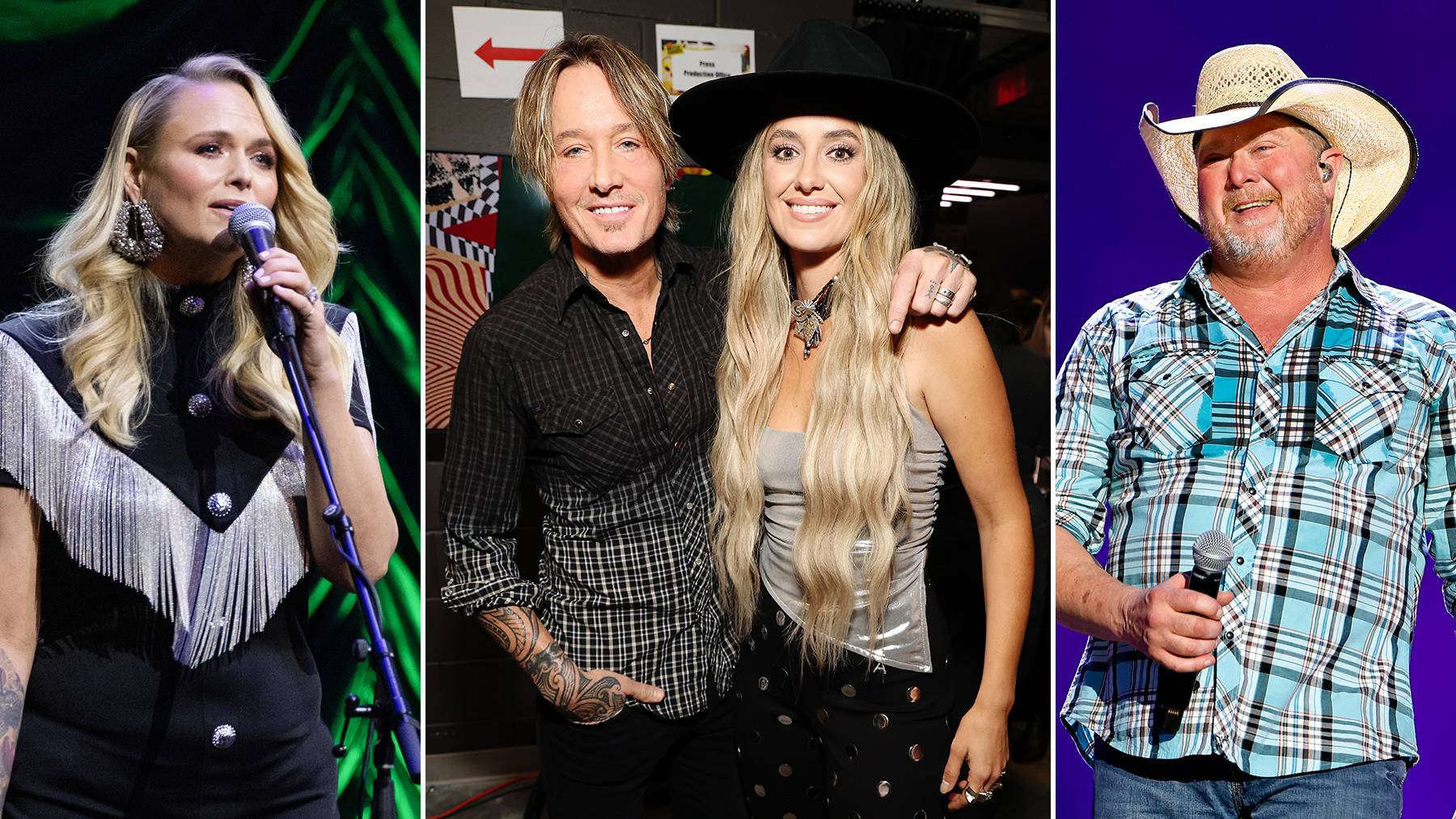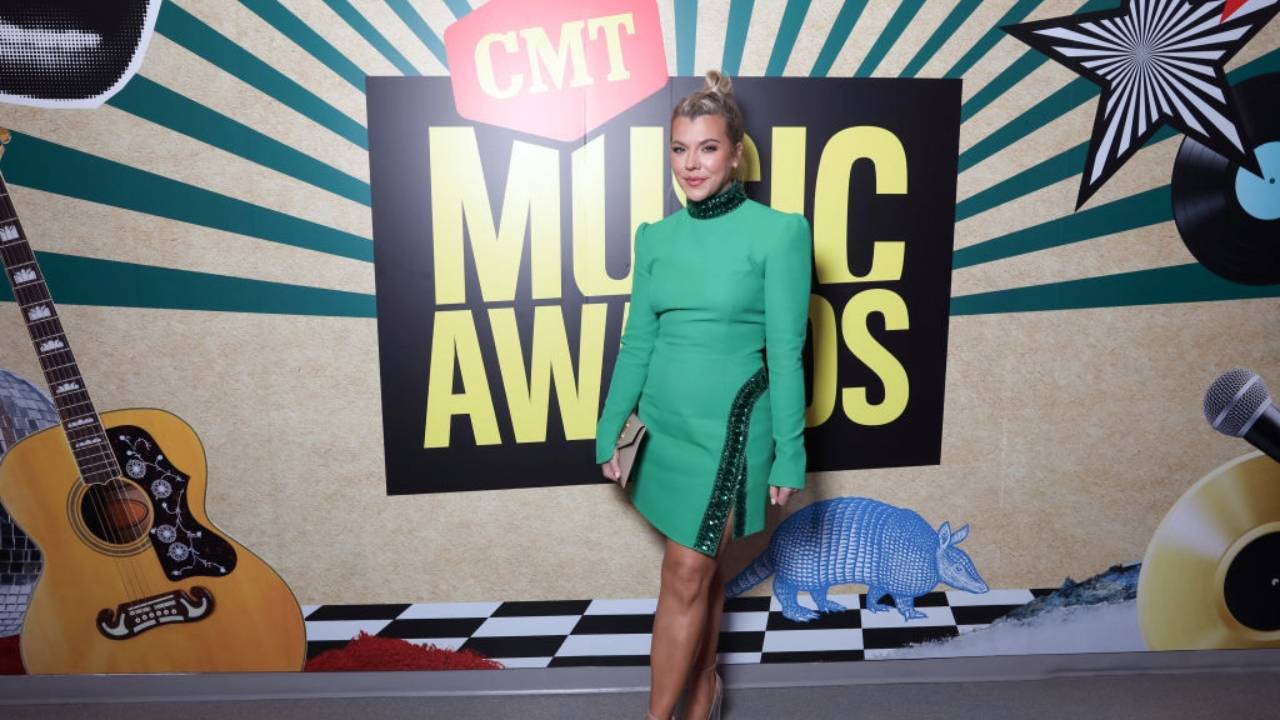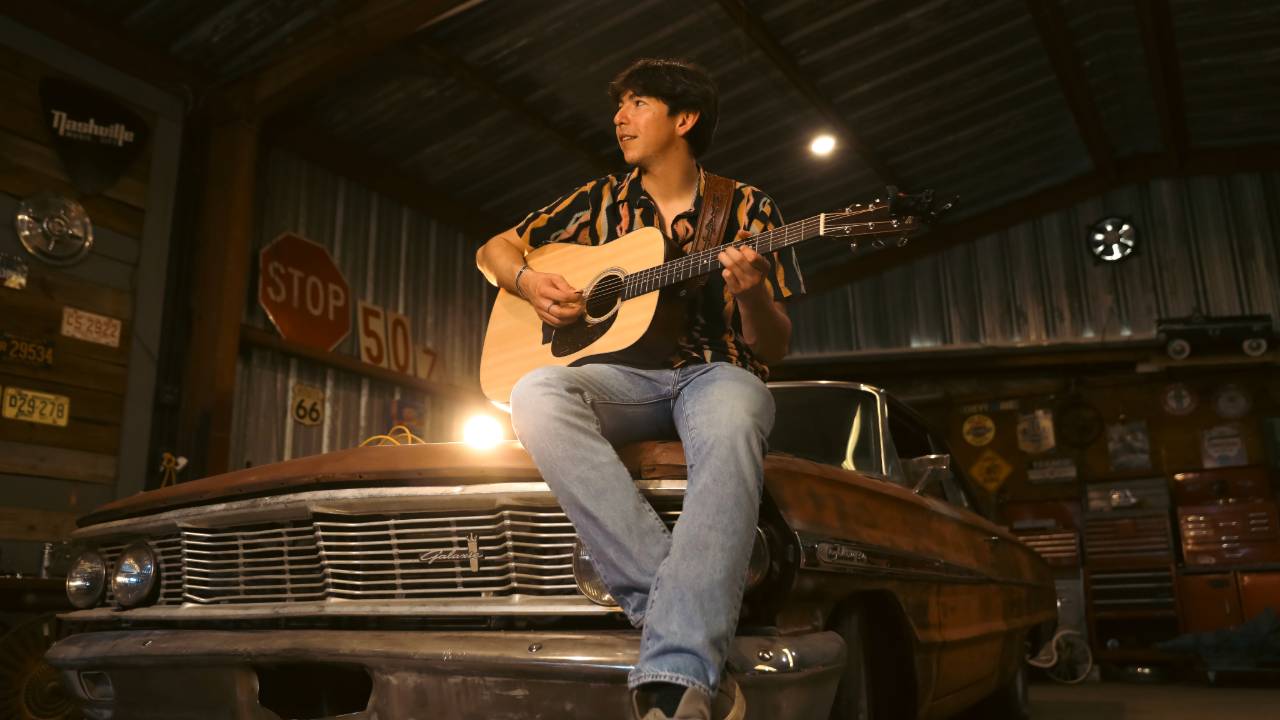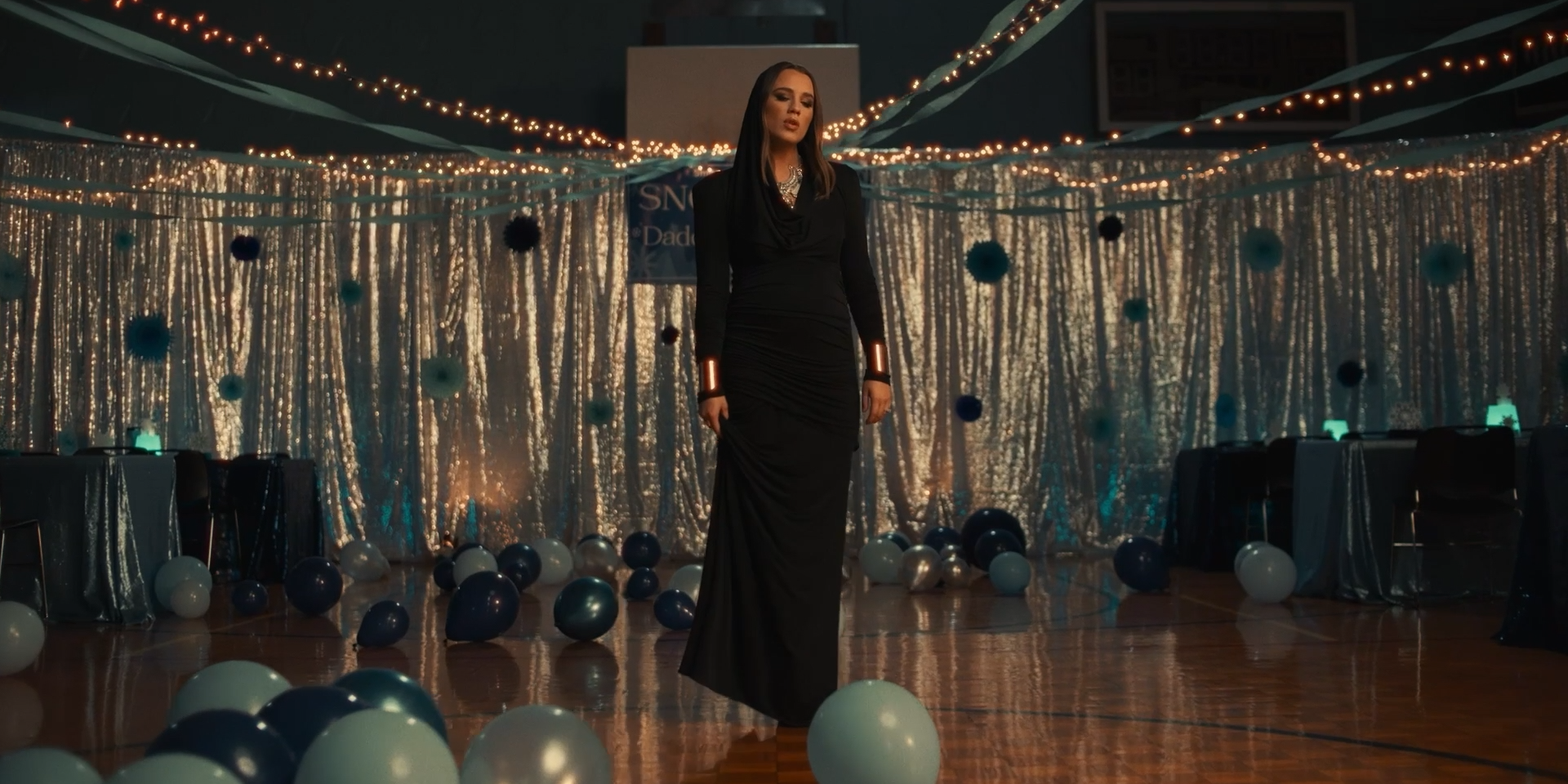Jeff Bridges Talks About His Oscar-Winning Role in 'Crazy Heart'

The veteran Hollywood actor Jeff Bridges first came to American moviegoers' awareness in the role of Duane Jackson in the 1971 film The Last Picture Show. That garnered his first Academy Award nomination. Since then, he has acted in a series of memorable roles, perhaps the most remarkable being Jeffrey Lebowski -- "The Dude" -- in 1998's The Big Lebowski. Now, after four previous Oscar nominations, he finally has collected the big one, for best actor, for his evocative portrayal of the fading country music star Bad Blake in Crazy Heart. He recently spoke with CMT.com about that role and that movie.
CMT: I understand that you rejected the script for Crazy Heart when it was first submitted to you.
I did! Because -- not that it was a bad script, but it was missing an essential ingredient. It didn't have any music! Quite a few years ago, I did a movie called The Fabulous Baker Boys and that set the bar pretty high for me as far as doing a story about a musician. On that, we had the great Dave Grusin, who was a musical hound who organized all the music, but we also had all these great jazz and pop standards to work with, but on this one we had nothin'!
Then about a year later, I ran into my old buddy T Bone Burnett and he said, "What do you think about this Crazy Heart script?" I said, "Why do you ask? Are you interested in that?" He said, "Hey, I'll do it if you'll do it." And I said, "Come on! Let's go, man!"
You have been very careful throughout your career about choosing scripts. Is that something you learned from your father, Lloyd Bridges, who became typecast as a scuba diver?
Yeah! He got his big break -- you remember Sea Hunt? Well, my father was a classically-trained actor who also sang beautifully, and not many people remember that he replaced Richard Kiley in Man of La Mancha on Broadway. But back in the early '60s, he got this great part of Mike Nelson in Sea Hunt and he pulled that off so well that people thought he was a skin diver, and so he got nothing but scripts about skin divers. And so that kind of gave me a heads up about -- don't develop too strong a persona because people will think that's who you are. So I have really tried to mix it up.
Is there any of the character Jack Baker in the character Bad Blake?
Well, their love of music is certainly there. Passion -- their passion for music. One of the things T Bone did that helped me get a hold of this character was that he made me a chart of the music that Bad Blake would have listened to growing up. It was Jimmy Reed and all of those guys, but it was also Ornette Coleman. Music is not a narrow kind of thing. One of the guys who gave us a great song for the movie is Greg Brown. He's kind of done it his own way. You know, radio is a different deal these days. It's hard to get on board that train. But he's done it his own way and he has a great fan base that supports his music.
In becoming Bad Blake in the movie, did you approach the character first looking at him as a musician or as a person?
I worked on it in the same way that I work on all my parts, really. Just look at aspects of myself that kind of parallel the guy, really. And music is certainly a thing that both Bad and I share. I love music and I know that he does -- or did -- how do you describe that? But I used a lot of that. But one of the cool things about having the music kind of after the fact -- and having somebody as talented as Bone at the helm -- is that we tailor-made the songs that were written specifically for the movie to be what the character was all about. There's a wonderful song called "Somebody Else" -- "I used to be somebody and now I'm somebody else" -- and that kind of sums up Bad Blake pretty well, I think.
You have worked as a musician before.
Yeah. I put an album out a few years ago called Be Here Soon that one of the homeboys here [in Nashville] Michael McDonald produced and sang on.
What was it like working with the late Stephen Bruton on this movie?
He was something. You know, the birth of the music for this movie really started 30 years ago when we did Heaven's Gate and [Kris] Kristofferson, who was the star of that movie, had all his musicians with him. T Bone and Bruton and all of them and that was six months of jamming every night after work, man. So there were a lot of connections there. And Kris was certainly, you know, a role model for Bad Blake. One of the things that the director Scott Cooper told me early on was that if Bad Blake were a real person, he'd be the fifth Highwayman. And that made sense to me and that helped me out a lot.
How did you physically try to look like one of the Highwaymen or country music outlaws in this role?
Gee, I don't know. It's funny. Some of that preparation comes unconsciously or subconsciously. Of course I had looked at those guys, I had looked at Waylon [Jennings], and Willie [Nelson] and Johnny [Cash] and Townes [Van Zandt].
What was your approach to singing in a role like this?
T Bone directed me, which helped tremendously. And T Bone turned me on to a wonderful vocal coach in L.A., Roger Love, and the key, as you say, is not to overdo it. That's something I apply to not only singing but also to acting.
How did you go about portraying a character who has a constant alcohol buzz on in the film?
One of the things that I do when I start working on a script is that I will do a breakdown -- so that I have the whole script broken down for my character in each scene. So, if he's an alcoholic, since we shoot scenes out of order, I keep track of my character. What he weighs and how he walks, what kind of physical shape he's in, how much he's drunk. What he's like in each scene. This guy was not in great physical shape, so that meant I could eat that second pint of Haagen-Dazs. While I didn't work drunk, it meant that I could have that second drink after work, so a little hangover wouldn't be too bad.
